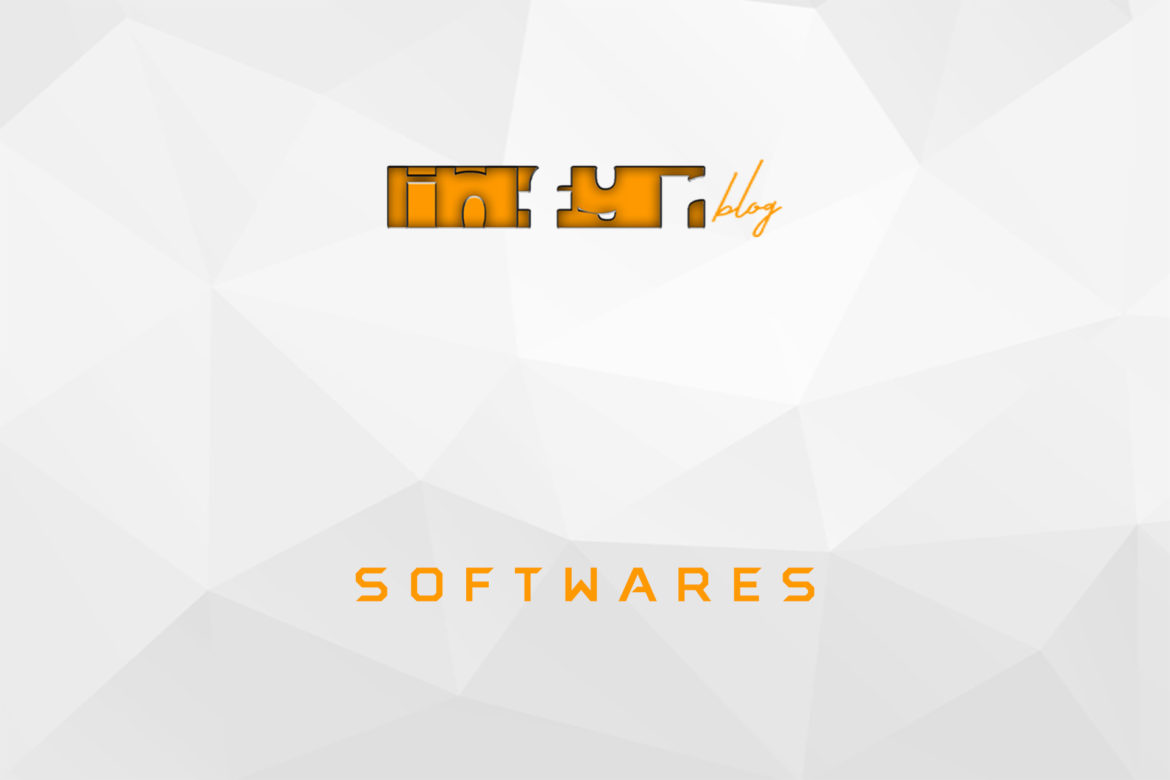Xelitan Video Player is a straightforward video player with lots of built-in video, audio and image decoders.
List of features:
- comes with built-in decoders
- supported video formats: MP4, MKV, AVI, MOV, 3GP, WEBM and more
- supported audio formats: MP3, OGG, M4A, WAV, MID and more
- supported image formats: JPEG, PNG, PSD, TIF, BMP, GIF, WEBP, TGA and more
- supported subtitle formats: SubRipper, TmPlayer, SubStation Alpha and more
- configurable plaback speed (25% – 400%)
- video filters
- saving screenshots
- supports playlists
- can play videos directly from the web
- no ads
- full version

